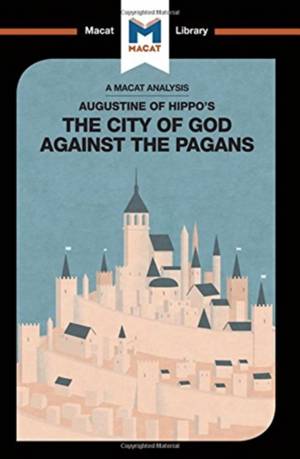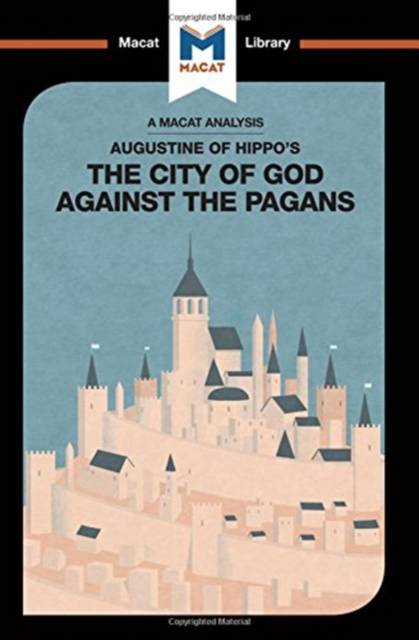
- Retrait gratuit dans votre magasin Club
- 7.000.000 titres dans notre catalogue
- Payer en toute sécurité
- Toujours un magasin près de chez vous
- Retrait gratuit dans votre magasin Club
- 7.000.0000 titres dans notre catalogue
- Payer en toute sécurité
- Toujours un magasin près de chez vous
An Analysis of St. Augustine's the City of God Against the Pagans
Jonathan D TeubnerDescription
The City of God against the Pagans is a central text in the Western intellectual tradition. Made up of twenty-two lengthy books, Augustine wrote his masterpiece over a thirteen-year period during which the Western Roman Empire began to unravel. The first ten books are a critique of pagan religion and philosophy, while books eleven to twenty-two treat the relationship between the City of God and the Earthly City. Throughout Augustine conveys his mature vision of what it means for a Christian to live in a world with evil. Its arguments and ideas have provoked debate for nearly 1600 years, and remains a central text in the disciplines of theology, historiography, and political theory.
Spécifications
Parties prenantes
- Auteur(s) :
- Editeur:
Contenu
- Nombre de pages :
- 96
- Langue:
- Anglais
- Collection :
Caractéristiques
- EAN:
- 9781912453825
- Date de parution :
- 15-05-18
- Format:
- Livre relié
- Format numérique:
- Genaaid
- Dimensions :
- 129 mm x 198 mm
- Poids :
- 339 g

Les avis
Nous publions uniquement les avis qui respectent les conditions requises. Consultez nos conditions pour les avis.






